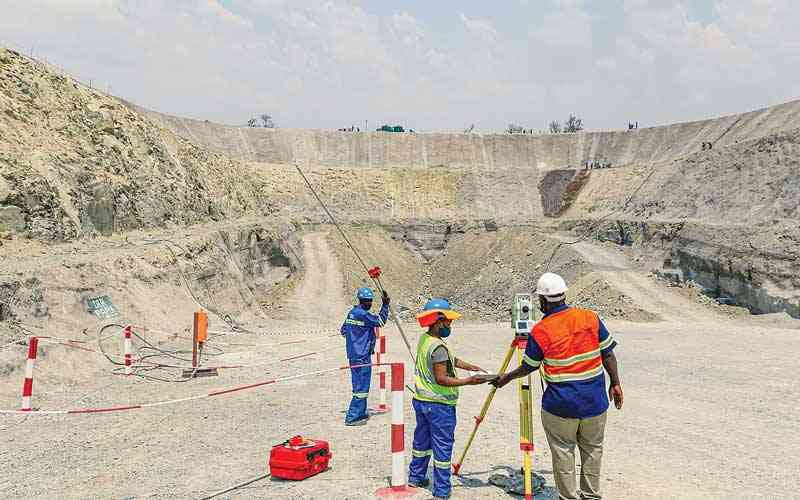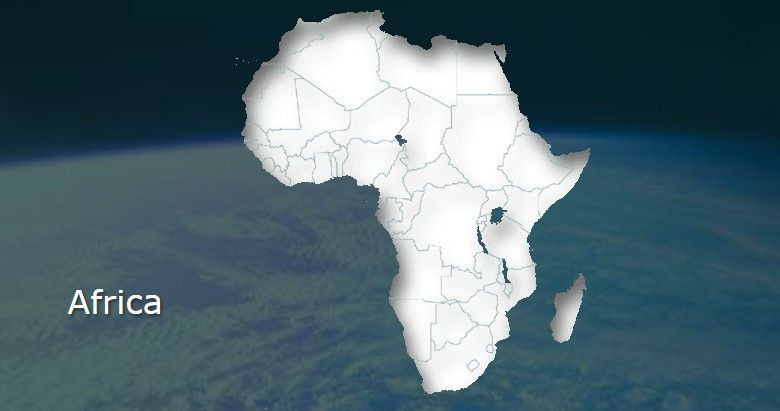
Zimbabwe is blessed with over 40 minerals. Mining has been very fundamental to the country’s GDP and its contribution has been rising over the past 10 years. Historically, Zimbabwe was colonised because of its minerals.
The Rudd Concession was a written concession for exclusive mining rights in Matabeleland, Mashonaland and other adjoining territories in what is today Zimbabwe, and was granted by King Lobengula of Matabeleland to Charles Rudd.
One of the problems with the Rudd Concession was that it was not fully understood by the locals. The did not fully comprehend the cost versus the benefit thereof. After the realisation that the squeeze was not worth the juice, the First Matabele War erupted. The 2013 constitution provides in section 13(4) that the state must ensure that local communities benefit from resources in their areas. This provision is just a provision, far away from the reality. The Mines and Minerals Bill was supposed to actively support this provision. It attempted to address some issues but more can be done to protect communities from harm and for them to enjoy the benefits that come with living in mineral rich areas.
Mining communities in Zimbabwe do not reflect the kind of profits that are realised from the minerals that are mined in those areas. They are pathetic, the residents bear the costs of dirty water, displacement, collapsing infrastructure, social decay, open pits and other environmental damage among other vices. The law was silent on the need for consent from communities when it comes to development in their areas. In several cases, the communities would just wake up to the sounds of excavators drilling in their fields and lives changed forever. The concept of the Right To Say No dictates that, communities should have the right to consent to a development in their community. Communities have a right to say NO to a destructive economic system which harms people, land, and nature so that powerful companies can profit. When communities say NO, they are defending nature and their daily reliance on different species of plants, fish, animals, and insects for their very survival. In their resistance against nature’s destruction, indigenous and traditional communities and self-identified groups are speaking for and protecting ‘voiceless’ nature.
Does it give power to communities?
Section 85 of the Bill provides for the application of EEL, it states that ‘n receipt of an application the Board shall — (a) publish, at the applicant’s expense, a notice in the Gazette and in a newspaper circulating in the area concerned, giving details of the application and inviting objections to it to be lodged within 21 days from date of such publication; and (b) if in any application authorisation is sought to explore on any registered block within the proposed exclusive exploration reservation, give written notice to every registered holder of the block.
In terms of community inclusion this is a step in the right direction as potential mining host communities have an opportunity to make contributions to the decision of whether the EEL should be granted. However, the drawback is the notice will be in the Government Gazette. which is obviously not accessible to the mining communities. Section 121 provided the requirements and eligibility criteria for the application of a mining lease either ordinary or special. Section125 (e) the following affidavits— (i) an affidavit sworn by the occupier of the affected land that the occupier agrees to such pegging; or (ii) in the absence of affidavits referred to in subparagraph (i) by every one of the affected occupiers, an affidavit sworn by the special mining lease applicant that the special mining lease applicant has served notice (in any of the ways specified in section 5 on any affected occupier of the land, to the effect that the special mining lease applicant proposes to register a mining lease that includes land open to prospecting belonging to or being held by any occupier of such land.
This is very progressive in terms of communities participation and consenting to development in their localities. The R2SayNO stands FOR decision-making by communities. Saying NO supports the right of communities to make decisions about their own future. Experience has have shown how the exploitation of natural resources has the potential to exploit host communities.Internationally, FPIC is recognised through the United Nations Declaration on the Rights of Indigenous Peoples and has been incorporated into many foreign jurisdictions’ mining legislation and practices.
- Chamisa under fire over US$120K donation
- Mavhunga puts DeMbare into Chibuku quarterfinals
- Pension funds bet on Cabora Bassa oilfields
- Councils defy govt fire tender directive
Keep Reading
Environmental impact assessment
The environmental impact assessment has always been a requirement for mining. The companies are required to carry out a process of,evaluating, and reducing the environmental effects of a proposed project.
The importance of this cannot be overemphasised because of the kind of harm mining does to the environment. However, it is not only the environment that is harmed in mining. The social fibre of the community is disrupted and, in most cases, destroyed. There is need to also evaluate and access this and have the community consent to have their way of life disrupted for profits. The new bill is introducing a good provision where companies will be contributing to the reclamation of the environment after the mining. However, there is no reclamation of morality, and destroyed shrines, and displacedgraveyards after mining. These are some of the costs of mining that cannot be monetised but are equally important.
Social impact assessment
A Social Impact Assessment (SIA) is a process of research, planning and the management of social change or consequences (positive and negative, intended, and unintended) arising from policies, plans, developments and projects (UNEP, 2007).
Community impact assessment is a process undertaken to evaluate the effects of project implementation and quality of life. It is an integral part of project planning and development which influences the outcome of project rollouts. The International Association for Impact Assessment defines it as ‘the process of identifying, predicting, evaluating and mitigating the biophysical, social and other relevant effects of proposed development proposals prior to major decisions taken and commitments made.’
A SIA alerts members of the community that are likely to be affected, decision-makers, and key stakeholders about the likely consequences of a project and ensures that people’s concerns and human values receive proper attention.
The Good Practice Guide: Indigenous Peoples and Mining, produced by the International Council for Mining and Metals (“ICMM”) as part of the Sustainable Development Framework: ICMM Principles, provides a manual for FPIC. Essentially, FPIC means:
free: consent obtained voluntarily and without coercion, intimidation, or manipulation.
prior: consent is sought sufficiently in advance of any authorisation or commencement of activities.
informed: nature of the engagement and type of information that should be provided prior to seeking consent and as part of the ongoing consent process.
consent: collective decision made by the right holders and reached through a customary decision-making process of the community.
Impact assessments should go beyond the harm to the environment. If we are serious about section 13(4) of the Constitution, on communities benefiting from their resources, the communities should have a voice in the extraction of that resource. The community should be consulted thoroughly before and during the extraction.
Mutowekuziva is a registered legal practitioner. She has keen interest in human rights, development and governance. These weekly New Horizon articles, published in the Zimbabwe Independent, are coordinated by Lovemore Kadenge, an independent consultant, managing consultant of Zawale Consultants (Pvt) Ltd, past president of the Zimbabwe Economics Society and past president of the Chartered Governance & Accountancy Institute in Zimbabwe (CGI Zimbabwe). — [email protected] or mobile: +263 772 382 852











